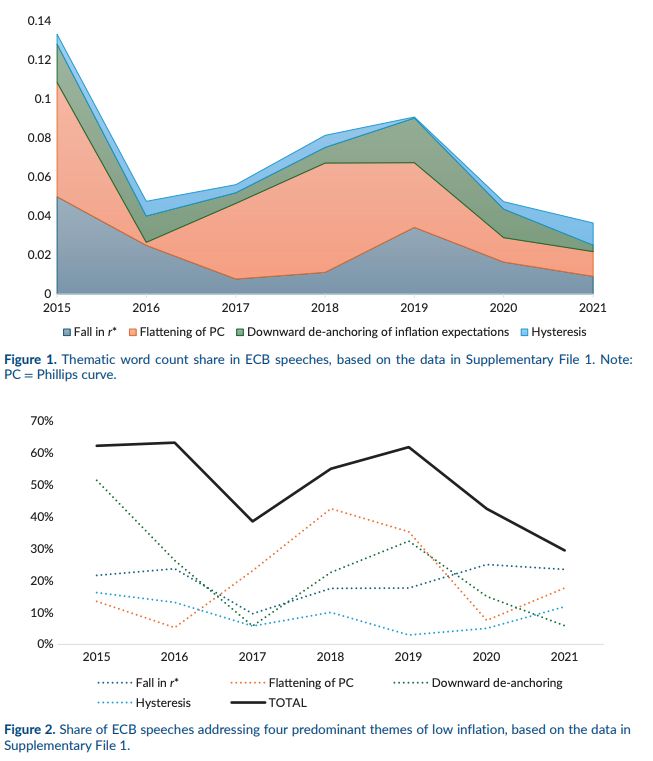

1. NECESSITATION: Framing tightening as essential to anchor inflation expectations and fix demand-supply imbalances
2. DIFFUSION: Masking the anti-labour bias by arguing that rate hikes curb both wage and profit inflation and are distributionally neutral in LT

1. NECESSITATION: Framing tightening as essential to anchor inflation expectations and fix demand-supply imbalances
2. DIFFUSION: Masking the anti-labour bias by arguing that rate hikes curb both wage and profit inflation and are distributionally neutral in LT











